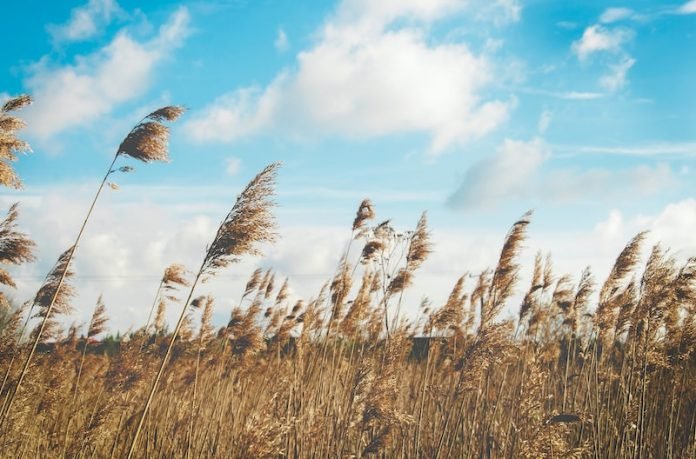
While it may not be the season for beach-going and barbecues, people continue to work and gather outside in many settings.
Is that cause for concern in these latest stages of the pandemic, and new variants?
Not necessarily, but a new study from Stony Brook University shows that low wind speeds and stale air are associated with a higher incidence of contracting Covid-19 when people socialize outside – perhaps as much as 45 percent more compared to when winds are stronger.
The findings are based on Covid-19 incidence in Suffolk County, NY, from March 16, 2020, to December 31, 2020, from public health data of more than 96,000 cases.
In the study, the researchers used these data in combination with daily reports by the National Oceanic and Atmospheric Administration on the region’s average wind speed and maximal daily temperatures.
They developed a statistical modeling program which determined from the public health data and weather reports that warmer days with little wind when people socialized outside resulted in significantly more Covid-19 transmission.
Their overall analysis revealed that days with temperatures ranging from 16 to 28 degrees C (approximately 61 to 82 degrees F) where wind speed was less than 8.85 kilometers per hour (approximately 5 MPH) had strongly increased Covid-19 incidence compared to similar days with an average wind speed of greater than 8.85 kilometers per hour.
The team says the issue is really about an increased danger of infection spread in the presence of stale air as opposed to indoor versus outdoor settings.
The findings imply we are all safer when airflow is more significant.
If you care about COVID, please read studies about old drug that can save your life from COVID-19, and findings of new way to prevent many COVID-19 variants.
For more information about the pandemic, please see recent studies about when will the COVID pandemic end, and results showing flu shot may help prevent severe COVID-19.
The study is published in BMC Infectious Diseases. One author of the study is Sean Clouston, Ph.D.
Copyright © 2021 Knowridge Science Report. All rights reserved.



